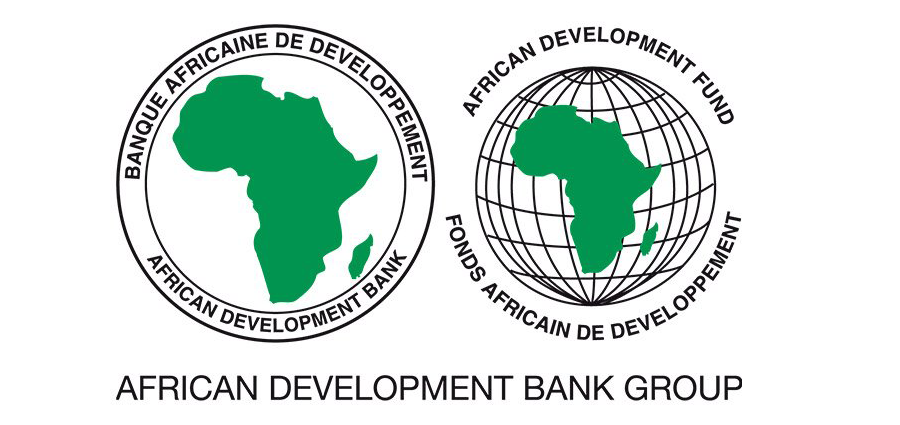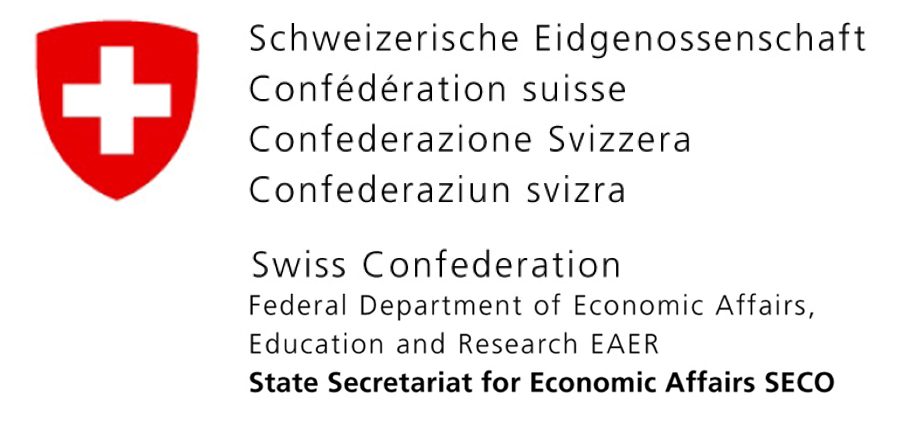A contrasting Approach to Road Sector Reform, The Case Study of Uganda Experience
Knowledge Bases
SSATP Discussion Paper
February 28, 2002
Road Asset Management
Uganda

The key features of the road reform process initiated in Uganda are: (a) development of an analytical basis to review different road financing and management options; (b) commitment and ownership of the reform program; (c) perception of transport as one of the important sectors of the economy; and (d) development of a sector investment policy and plan. Consistent with the Government's objective of eliminating direct state involvement in all but essential public services and improving institutional efficiency, key initiatives include: providing a description of the reforms in road management and financing pursued in Uganda over the past few years; evaluating the Uganda experience and providing a comparison of road sector reforms in Uganda with those followed in some other Road Management Initiative (RMI) counties; presenting key findings of the study and the way forward. This study documents Uganda's experience with regard to some aspects of the design and implementation of road management and financing reforms. It is based on fieldwork and stakeholder discussions held by the author in Uganda in the latter part of last year. It also responds to interest expressed by other RMI members in the Ugandan approach and its impact. The study also provides a comparison with the road reform process pursued in some of the other countries under the (RMI
Road Sector
transport sector
Transport economics
transport policies
Road finance
road management
Road Maintenance Initiative
Public servicesAccess Roads
accountability
accounts
administrative costs
allocation of resources
auditing
authority
budget process
budgetary process
budgetary reforms
budgeting
business principles
cash flows
Central Government
competitive bidding
construction industry
contracting out
Contractors
cost efficiency
Councils
decentralization
decision makers
decision making
decision making process
district roads
districts
employment
executing agencies
execution
Expenditure
feeder roads
financial audits
financial capacity
financial control
financial institutions
financial management
financial performance
financial resources
Financing of Roads
framework
fuel
Government departments
Government policy
Government revenue
Government's policy
gravel
gravel roads
highway networks
Housing
impact assessment
income
institutional reforms
isolation
legal framework
legislation
local government
main roads
Managers
media
Ministry of Finance
National Roads
partnership
periodic maintenance
PMS
poor governance
private sector
private sector involvement
public administration
Public Expenditure
public expenditure management
public finance
public procurement
public sector
public service
quality assurance
quality control
quality standards
recurrent costs
reporting
Reporting systems
Resource allocation
resource generation
RMI
Road Financing
Road Funds
road improvements
road investments
Road Maintenance
Road Maintenance Initiative
road management
road networks
road rehabilitation
road safety
Road transport
road use
Road User Charges
Road Users
sharing
social issues
total expenditures
traffic
traffic surveys
transparency
Transport
transport projects
unit costs
urban roads
Back to Publications








